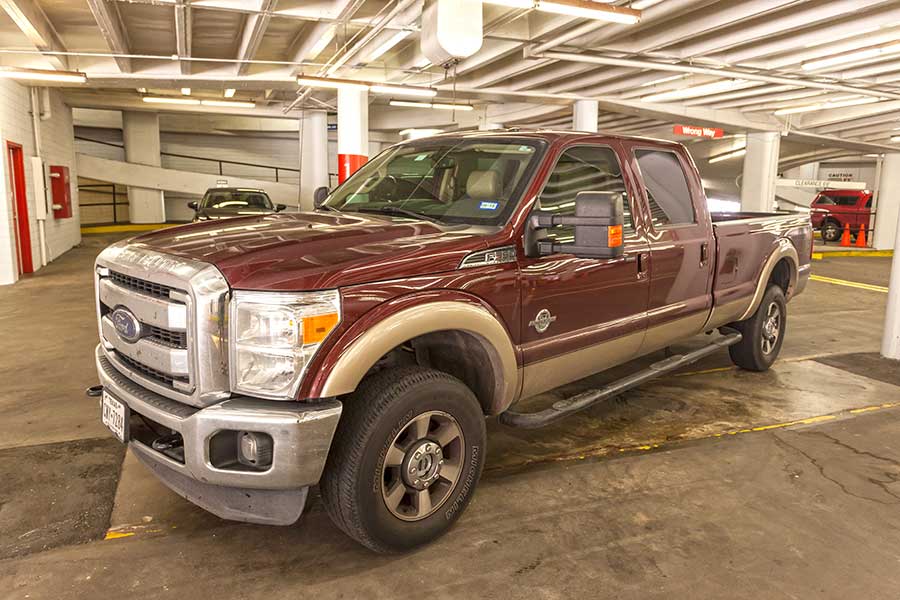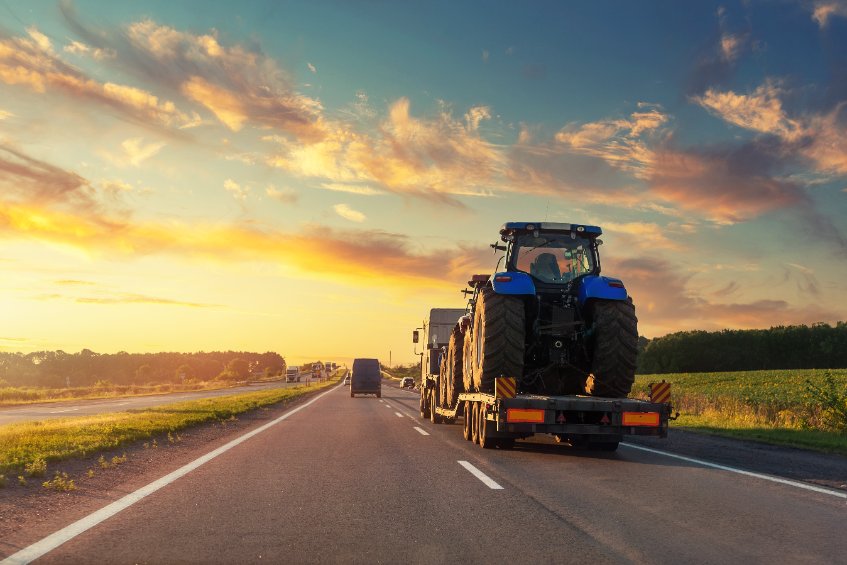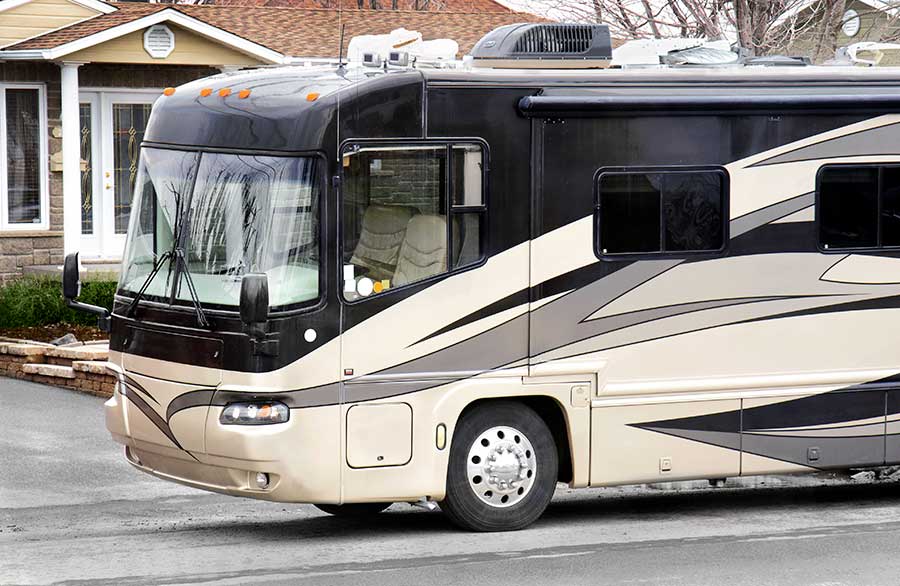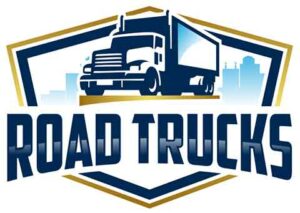Commercial driver’s licenses are required in the United States in order to operate vehicles 26,001 pounds and over. This seems straightforward, but some of the laws can be confusing. I’ve wondered in the past if you need one for a business vehicle, for example. Do you ever need a CDL for vehicles under 26,000 lbs?
There is no need to have a CDL for vehicles under 26,000 lbs unless the vehicle carries more than 16 people or transports hazardous materials. Vehicles that are under 26,000 lbs but are pulling a trailer that brings the combined weight to 26,000 lbs will need to get a CDL.
CDL laws can be somewhat complicated, so we’ll go into some more detail on this question. There are some vehicles that are exempt from CDL requirements that we’ll mention below. You’ll also want to verify the rules on your state’s DMV website since states are allowed to make the requirements more restrictive.
When do I need a CDL under 26,000 lbs?

There are a few situations where you are required to get a CDL even if your vehicle is under 26,000 lbs. The first situation is if you are towing a trailer that brings the gross combined weight of the truck and trailer to 26,000 lbs or more. For example, If you’re driving a 13,000 lbs Ford F-350 and you are towing a trailer with cargo that weighs more than 13,000 lbs, you will need a CDL in order to operate the vehicle. You would not need a CDL to drive, just the F-350 and a smaller trailer though.
The second situation where you may need a CDL in order to operate a vehicle under 26,000 lbs is for a passenger vehicle. If the vehicle you are driving is designed to carry more than 16 people, you are required to get a Class C CDL regardless of weight.
A vehicle that is designed to carry that many people will generally weigh more when loaded, and there is an increased amount of responsibility when transporting people; because of that, the government requires the CDL.
The third situation is similar to the second. If you are operating a vehicle that is transporting hazardous materials, you need to obtain a Class C CDL. You will also need to place the proper hazardous materials placards on the outside of the vehicle according to the material you are transporting.
Ultimately CDL requirements are in place to require drivers who operate dangerous vehicles to have a better understanding of how to operate them. Vehicles that are very heavy brake differently from lighter vehicles and require specialized equipment to operate.
Vehicles that are that heavy are also usually much longer and taller than most people are used to driving and require special considerations when turning and driving in bad conditions. While it can be frustrating to need to get one of these licenses, it does at least hold drivers to a higher standard, which as a guy driving a civic on the same roads, I can certainly appreciate.
Farm Exemption

If you’re a farmer, you may not need to obtain a CDL. In 2012 a law was passed that made exceptions to CDL requirements for farmers. If you own a farm and you have vehicles that you use for your farm, you can get them licensed as covered farm vehicles or CFVs.
CFVs have to have a license plate from the state showing that it is a CFV, and there are certain restrictions you must follow.
- A CFV may be operated anywhere on your private property and on roads within 150 miles of your farm.
- You cannot drive a CFV on an interstate without a CDL.
- You cannot cross state lines without a CDL unless you live in a state that has reciprocity with the neighboring state inside the 150-mile radius. Two examples include farmers along the Missouri and Kansas border and the border between Utah and Idaho. If you have a farm in Missouri, you can drive without a CDL into Kansas as long as you stay within 150 miles.
- CFVs may only be used to move farm products, or equipment for you’re own farm. You need a CDL in order to do work for other farms you do not personally own or to use the vehicle for tasks that are not farm related.
- You will also likely need a CDL if you have multiple farms in multiple states and will be moving the vehicle between them.
- CFVs still have to follow other laws, such as tieing down cargo.
CFVs are their own class of vehicles, and while we covered the basic rules in most states, you should research the requirements for your specific state. Fines for not following the proper regulations can get expensive.
RV Exemptions

Some states also have exemptions for recreational vehicles. Since recreational vehicles are not technically commercial vehicles, many states have exemptions for operators of RVs. Some states do still require a CDL or a special non-commercial license to operate large RVs. We’ll list those below:
- Arkansas
- California
- Connecticut
- Hawaii
- Kansas
- Maryland
- Michigan
- Nevada
- New Mexico
- New York
- North Carolina
- Pennsylvania
- South Carolina
- Texas
- Wisconsin
- Wyoming
If you live in one of the above states or in Washington, DC, you will need to obtain a CDL or a special license to operate a large RV. If you live outside of these states though, you are exempt from special licensing when operating RVs. If, however, you decide to use your RV for business use rather than personal use, then all of the CDL rules will apply.
That said, most RVs don’t get heavy enough to require one in the first place. If you do decide to start operating a large RV, make sure to get educated on driving large vehicles so that you, your passengers, and the other people on the road can be safe.
Some states also have exemptions for emergency personnel, such as firefighters operating large vehicles. If this is the case in your state, the supervisors at the fire department should know the rules.

